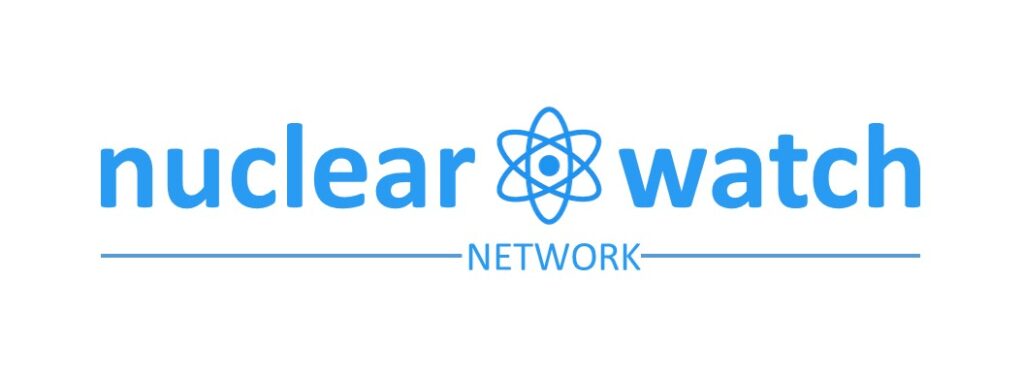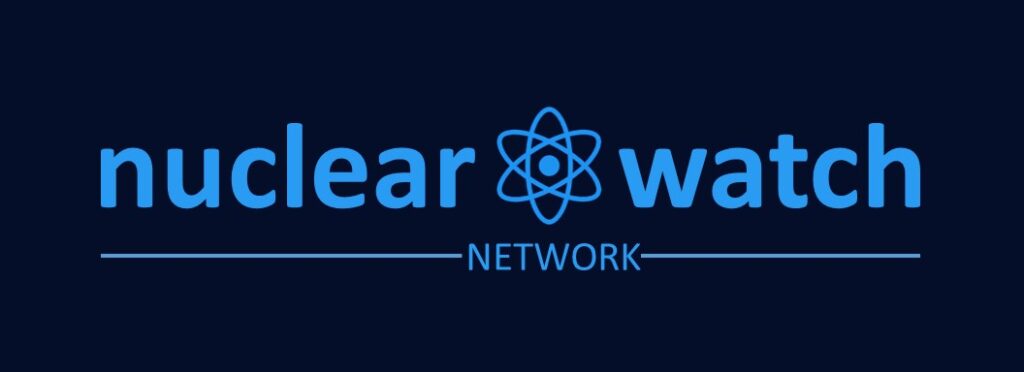An analysis of IAEA Iran Verification and Monitoring Report – May 2024 and the political atmosphere around
Sasan Karimi
Adjunct professor, University of Tehran (sasan.karimi@ut.ac.ir)
Program director of Intl. politics, Nuclear Watch Network
Legal considerations
Once again, the IAEA published its quarterly Iran Verification and Monitoring Report dated May 27, 2024 which is basically on the JCPOA commitments. It is obviously easy to understand that regardless of Iran’s presence in the JCPOA deal, it is no longer committed to the limitations as it is not enjoying any benefit of the deal in return; what Iran already manifested after one year of unilateral commitment with no compensation from European parties after US withdrawal.
JCPOA is a “joint” plan of action; which suggests that IAEA and the western parties misunderstood as a document of unilateral commitments. In a joint plan of action, the actions of all sides are dependent on the action of others; that is why in the drafted text, a “Dispute Resolution Mechanism” is predicted before which it is literally mentioned under paragraph #26 that:
Iran has stated that it will treat such a re-introduction or re-imposition of the sanctions specified in Annex II, or such an imposition of new nuclear-related sanctions, as grounds to cease performing its commitments under this JCPOA in whole or in part.[3]
This is what has happened after which Iran legally manifested seizing performing its commitments under JCPOA according to the paragraph #26 of the nuclear deal.
This does not imply that Iran has no legal obligation to the IAEA or any verification etc. from this Agency. With all these suspensions of implementation of Iran’s JCPOA commitments, this country still historically has the most significant and vast monitoring from the International Atomic Energy Agency. Having around 3% of the world’s nuclear capacity, Iran has around 20% of the whole cake of supervisions.
This means that Iran has the most robust verification and monitoring worldwide: not according to the JCPOA, but due to its Comprehensive Safeguard Agreement with the IAEA. Under the CSA, there is no limitations on the amount or level of the uranium enrichment or any other nuclear materials.
Coining new standards, concepts or phrases cannot be helpful as Iran’s commitments to the CSA are legal and not political. The only documents one can be referred to are the Statute of the Agency and the agreed bilateral safeguards with the countries, if any.
If one considers the main “findings” of the IAEA report, all are due to the JCPOA which are aimed not to be compliant to unilaterally: it is not a significant “finding” to report.
All the “findings” of the domestic nuclear capacities are the items Iran can proceed both technically and legally, especially when it is not committed to any limitation more that its CSA. This includes:
- More amount of high enriched uranium (20% and 60%),
- Low enriched uranium (5% and lower),
- More number of centrifuge machines in operation,
- More advanced centrifuge machines in operation and,
- Not accepting the highest level of monitoring through live cameras,
all of which were conditionally accepted under the JCPOA and no longer in act as discussed.
Iran’s argument is technically and legally fit:
- The JCPOA is not a unilaterally imposed deal but a joint plan of action with the commitment that need to be mutually fulfilled.
- The IAEA is basically a nuclear Agency and that is why it observes only the nuclear part of the commitments which are on Iran.
- The other parties are not fulfilling their commitments and as predicted in the deal, Iran can legally compensate; what is doing.
- Basically, there is no further obligations for Iran than its CSA which is being done with all the normal difference any country can has in its perception with regards to the Agency.
So, the things that are called “findings” seem not really new data according to what was manifested by Iran and continuously reported.
Even about the case of the de-designations of a few inspectors of the Agency, Iran has not breached the safeguard according to the Article #9 which has literally given this right to the country;
if the Government of Iran, either upon proposal of a designation or at any other time after a designation has been made, objects to the designation, the Agency shall propose to the Government of Iran an alternative designation or designations.[4]
What has not happened by the Agency.
Political considerations
With the above considerations, it is now obvious that all political actions being done against Iran in Vienna are politically-motivated and not legal. On one hand, we have a negative pulse from Washington about any resolution against Iran at the IAEA Board of Governors and on the other hand a sever intention to do so in the European capitals.
On the political side, an important parameter is that both the United States and Iran are in political season: United States will have a Biden-Trump sensitive election out of which anyways we will have a second-term-POTUS. In Iran, after the President’s helicopter crash in the north western mountains last days, one year in advance, Iran witnesses a presidential election.
The political calendar has changed with this helicopter crash. Classically Iran’s presidential election is a few months after the race in the United States. But the crash has put it a few months before that what makes Iran’s decision-making system more progressive as it needs to be ready for any outcome in Washington.
But if Europeans intend to do so to impress the domestic political environment in Iran, it seems a clear mis-calculation to approach to through issuing a resolution. If one examines the background of Iran’s nuclear program, it is very transparent that pressure, rigidizes the decision-making mechanism in Iran. In case of any resolution at the Board of Governors, all should expect a new pace of chicken game in Iran’s nuclear diplomacy. Iran has always shown its commitment to retaliate every sort of pressure action, especially in its nuclear foreign policy. This also discourages the civil society and moderated tendencies.
If the European powers are taking primary steps toward running the snap back mechanism to abandon Iran from reaching the ultimate sunset of the nuclear deal on October 2025 out of which the UNSC resolutions will be terminated forever and cannot be revived through the snap back mechanism or anything similar. In case of such intention and action, especially in the first year of the new administration in Tehran, there will be no further motivation or argument left for the pro-negotiation tendencies to convince the others both among the people and political elites.
Conclusion
It is obvious that both for a general and old agreement like the safeguard and a specific deal like the JCPOA, when a country like Iran feels that all the story is to be used to put pressure or switch from a mutual agreement with joint actions to a unilaterally imposed commitments, it will not proceed in the manner that others expect and will use the maximum of its rights under all the agreement to be both legally correct and technically progressive. Satisfaction from implementation of an agreement which is joint in its nature is mutual. If pressurizing Iran responded in a positive way, the deal would not have been a joint one but a unilaterally imposed list of commitments and limitations in a form of resolution or something similar.
Such kinds of political bullying even bring opposite responds: more though diplomacy, different cost-benefit calculations that is based on fabricating leverages to be more prepared for any further dialogue etc., the lenses what the HEU, further and more advanced centrifuge machines could be basically witnessed through.
If the westerns and Agency are not satisfied from the dynamics with Iran, they’d better to put themselves in Iran’s shoes: technically, legally, diplomatically, identity-wise and conception-wise. They would see that it is unwise to fulfill all commitments unilaterally when under significant illegal sanctions. They maybe not of IAEA business, but Iran sees all together.
[1] Adjunct professor, University of Tehran (sasan.karimi@ut.ac.ir)
[2] Program director of Intl. politics, Nuclear Watch Network
[3] Paragraph #26, Joint Comprehensive Plan of Action
[4] Article#9 of Iran’s safeguard agreement with IAEA

